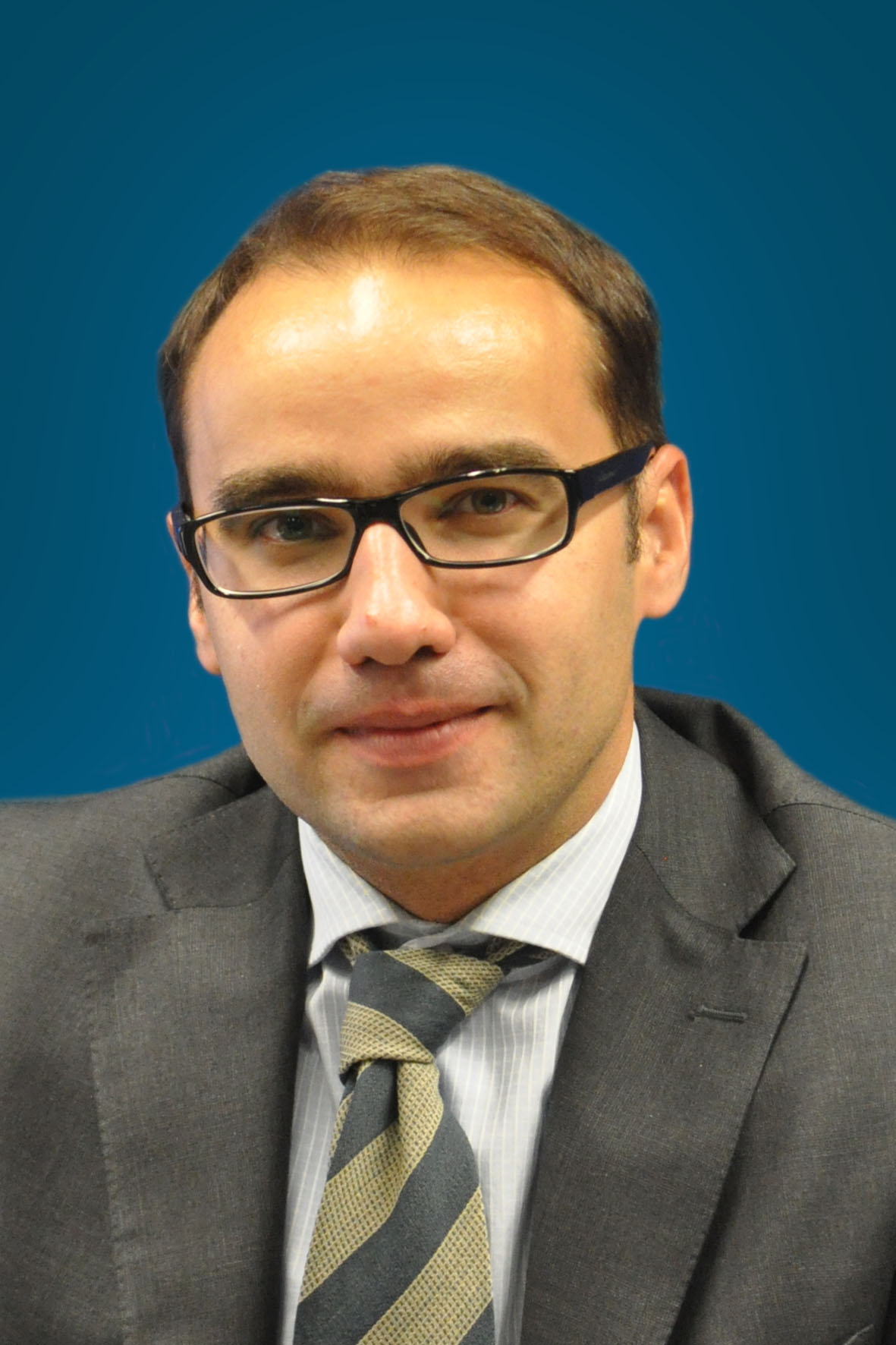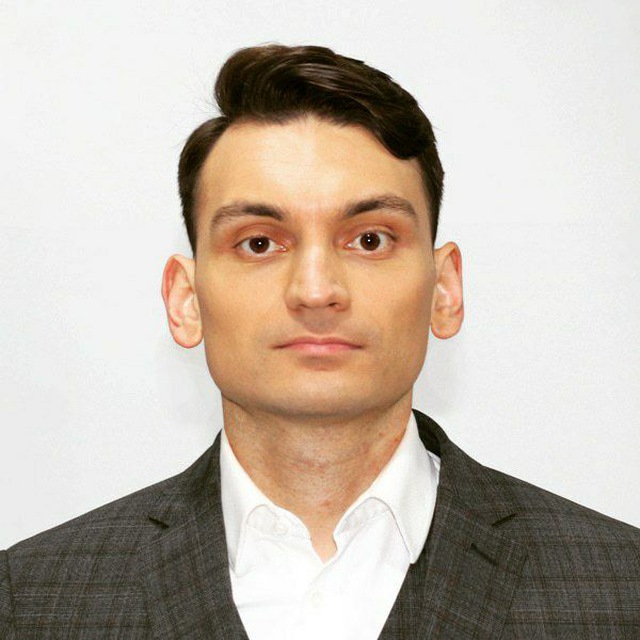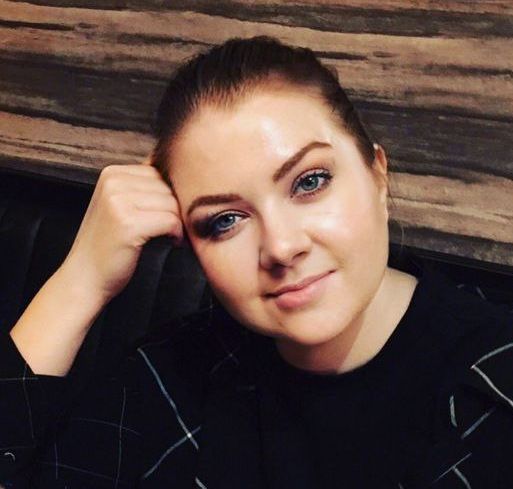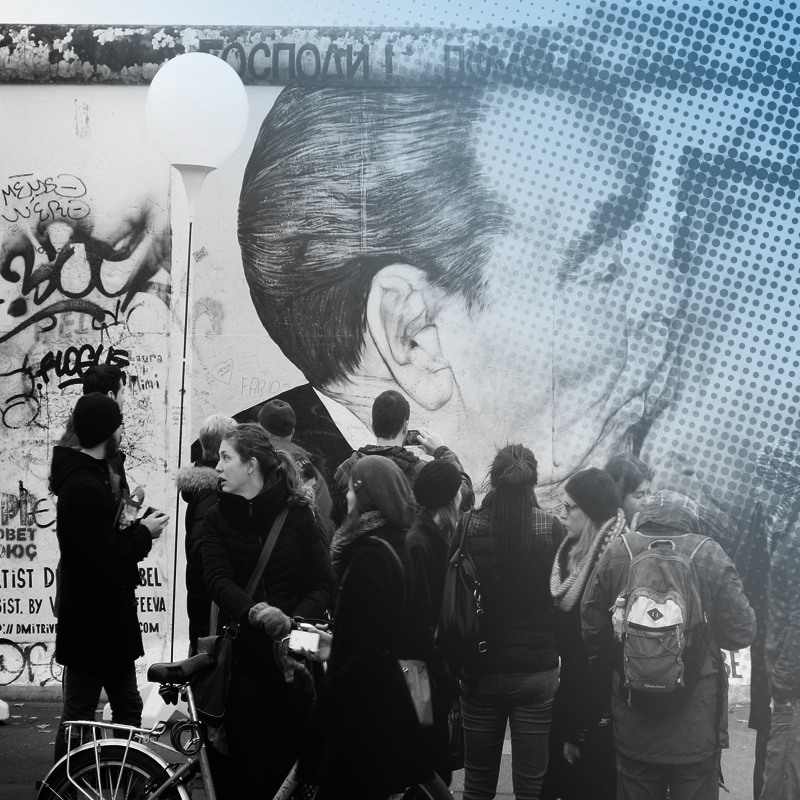Arms supplies from Russia to Iran will not only continue, but could grow significantly if Russia gets the opportunity.
Nikita Smagin
{
"automatedEmailAll": "carnegieRuEn",
"centerAffiliationAll": "crec"
}


Arms supplies from Russia to Iran will not only continue, but could grow significantly if Russia gets the opportunity.

Nikita Smagin

Andrey Pertsev

Alexander Baunov

Balázs Jarábik

Ruslan Suleymanov

Maria Kolomychenko
Carnegie Politika is a digital publication that features unmatched analysis and insight on Russia, Ukraine and the wider region. For nearly a decade, Carnegie Politika has published contributions from members of Carnegie’s global network of scholars and well-known outside contributors and has helped drive important strategic conversations and policy debates.
The Carnegie Politika Podcast delivers world-class analysis on what’s happening in Russia, Ukraine, and Eurasia. Every month, Russia expert Alexander Gabuev talks to Carnegie scholars and regional analysts on the ground to respond to emerging regional trends, the future of Russian geopolitics, and how the region is shaping the world.
Carnegie Politika offers latest insights from the top experts on Russia, Ukraine, and Eurasia. Sign up to receive Carnegie Politika updates in your inbox!
